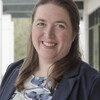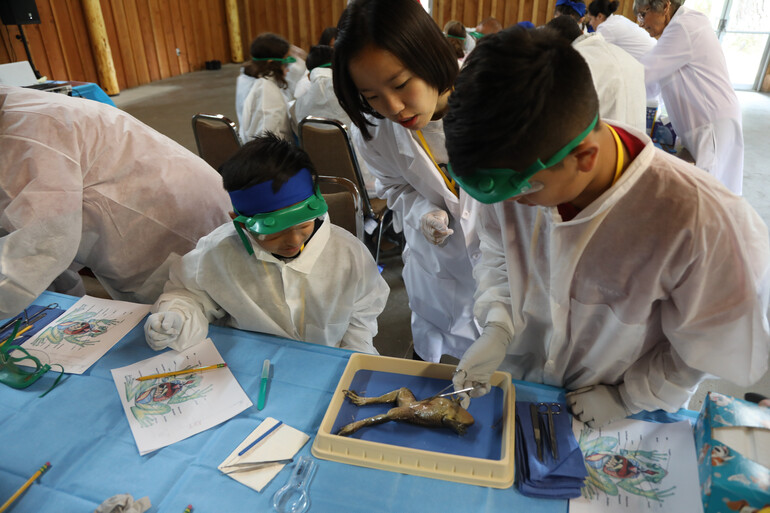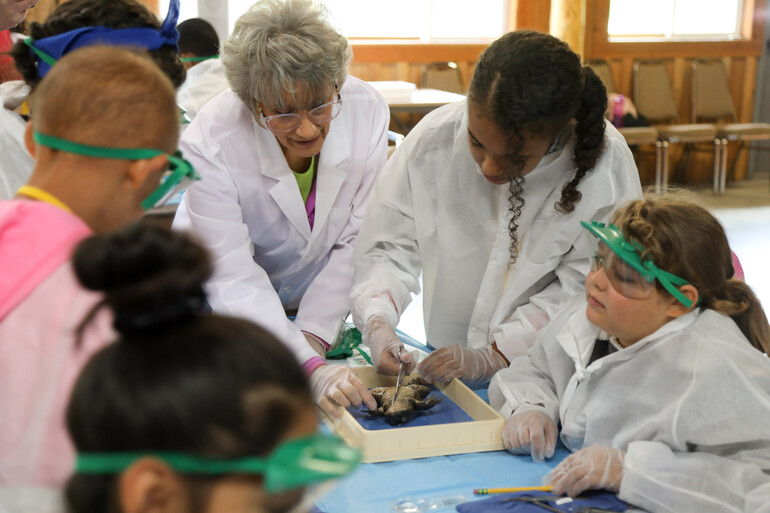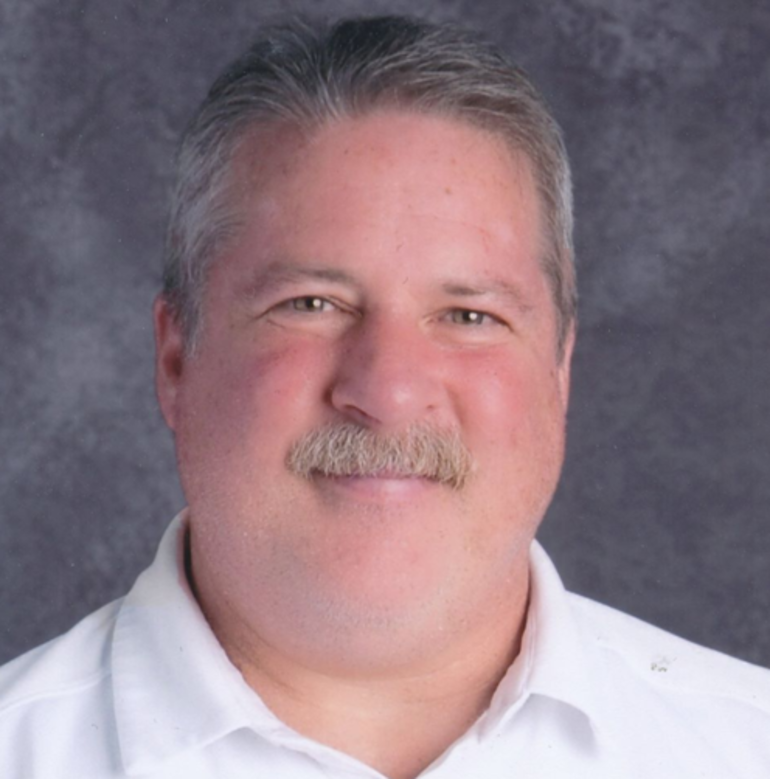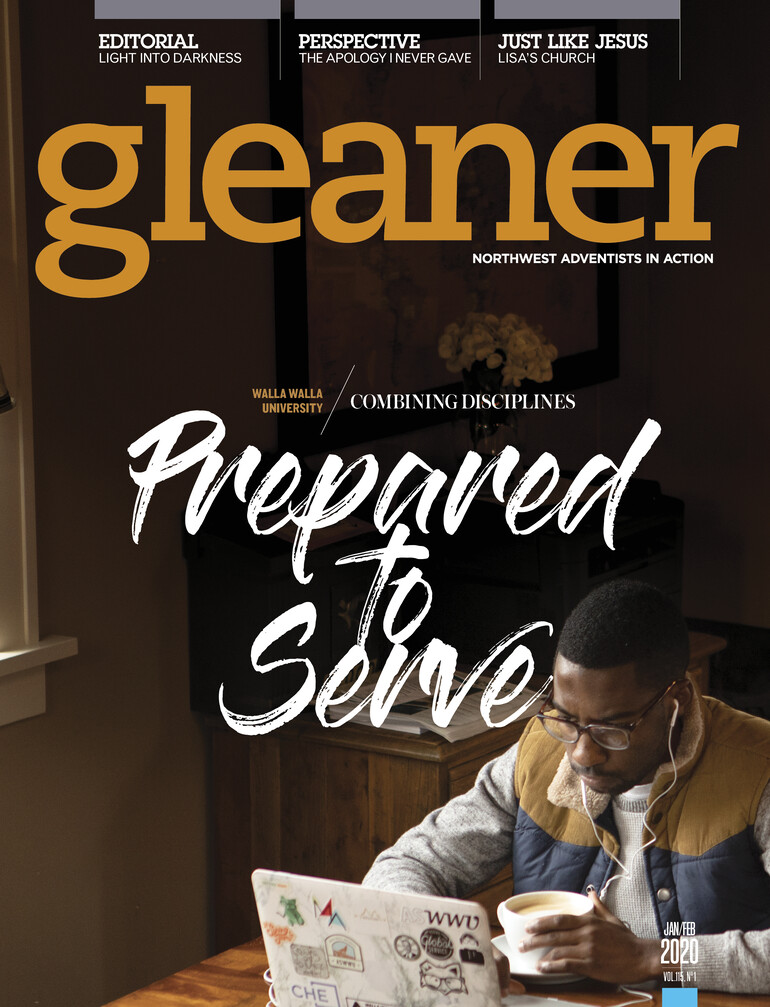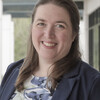Nearly 1,000 survey respondents shared their perceptions of Adventist education in western Washington via an education survey conducted at the end of 2018 and beginning of 2019.
The responses gave administrators a solid pulse on areas of growth, including a desire for more STEM (science, technology, engineering and math) education and a community openness to faith-based education.
In partnership with the North American Division (NAD), Potomac Conference and Campbell Rinker research company, the survey collected quantitative and qualitative data from 474 parents of current or former students, 272 church members and 193 community residents.
One parent observed, “Art or STEM/STEAM activities would underscore the importance of academics in our schools.”
A desire for a STEM program had been a wish list item for education administrators, and multiple survey requests for greater STEM presence helped to push this idea forward. STEAM is the STEM program with arts incorporated into the curriculum.
When David Morgan, an experienced STEAM educator for elementary and secondary education, approached Washington Conference education leaders about launching a two-year pilot program, the time was right.
“Dave successfully pioneered STEAM camps marketed to both domestic and international students,” says Craig Mattson, Washington Conference vice president for education. “Now as our director of STEAM education, he will invest his time to fully developing and deploying a system of STEAM camps and STEAM activities that will benefit Adventist students in the Washington Conference.”
This partnership will be reflected in educational opportunities at local schools, Auburn Adventist Academy and Sunset Lake Camp in Wilkeson, Wash.
Additionally, the insights from community residents reflected an openness to faith-based education.
“While 75% of students in resident households were enrolled in public schools (which one would not expect to offer curricular activities focusing on faith), this did not preclude the respondents from holding faith activities in some esteem,” reports Dirk Rinker of Campbell Rinker research partners. “Residents gave importance ratings that were significantly higher than neutral to community service, Bible studies, biblical worldview in curriculum and campus ministries.”
Residents, however, have little interest in driving more than 10 miles to take their child to school, whereas Adventist parents are more likely to drive three to four times farther.
“We were surprised in a secular location to discover resident parents were interested in a spiritual learning environment for their children,” Mattson says. “They appreciate our interpersonal relationships, student/teacher ratios and class sizes. This gives us a solid opportunity to expand our school families.”
Plans are coming together for launching a collaborative marketing campaign to advertise a joint registration day at 19 campuses in western Washington and the opening of the enrollment season on Sunday, March 8. The "7 Advantages" campaign will launch in January 2020 after drawing inspiration from Idaho Conference’s Adventist Advantage campaign, the NAD’s 10 Reasons for Adventist Education and insights from the survey results.
“We are grateful for parents, members and residents sharing a variety of viewpoints and perceptions with us in the survey,” Mattson says. “This helps us make better decisions to grow our educational system in western Washington.”




